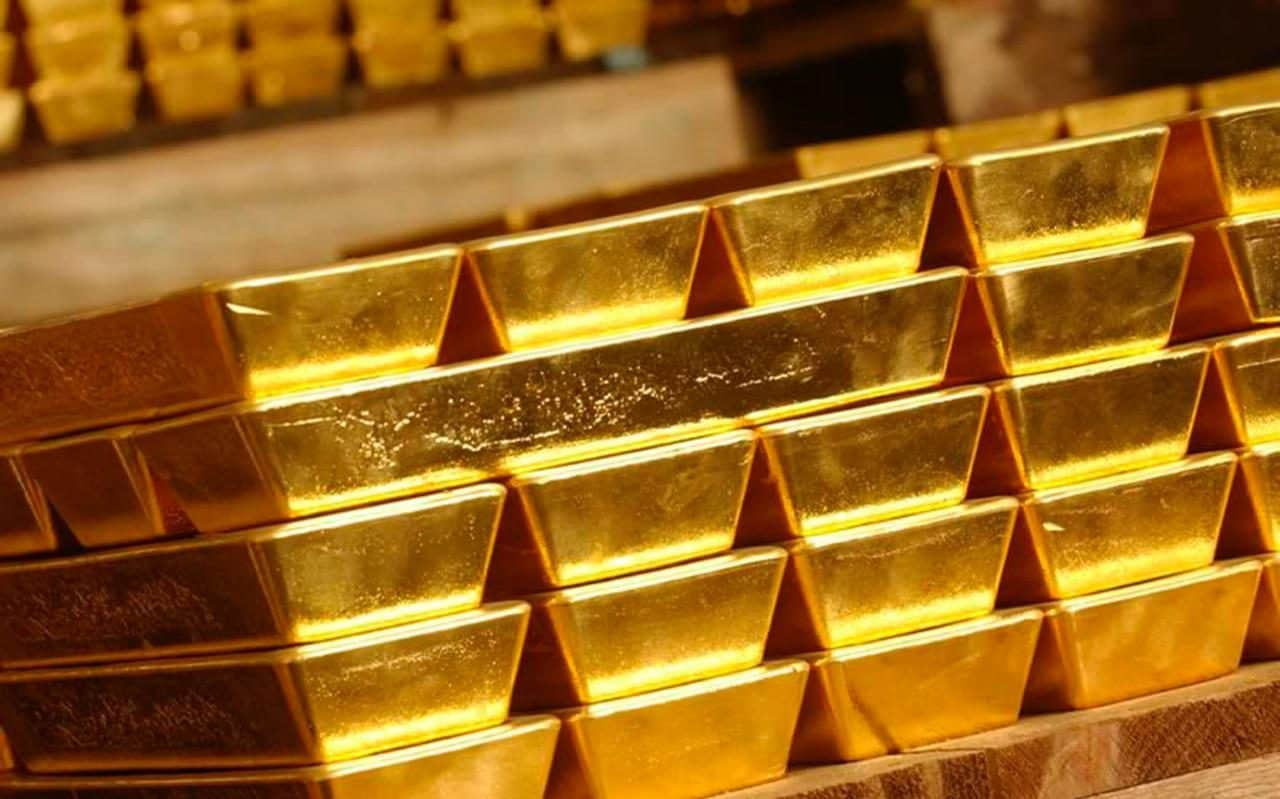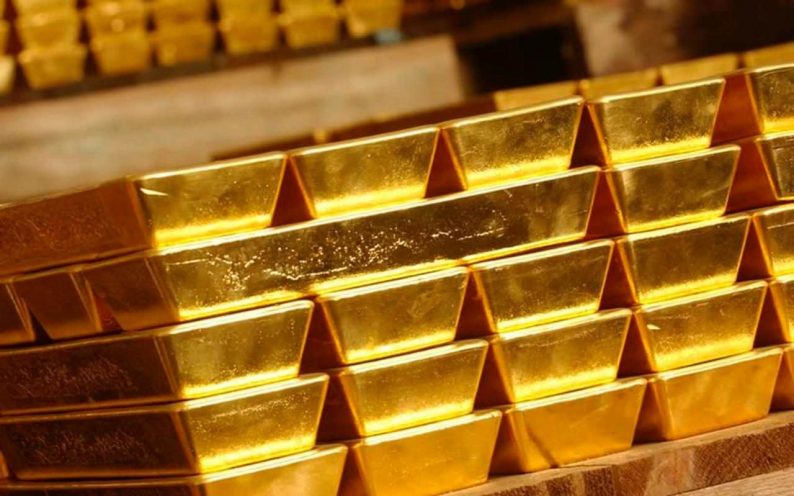Draghi sounded dovish at the recent ECB press conference. Will he sink the price of gold?
We have already covered the last ECB monetary policy meeting on Friday. However, the event was so important that it needs a more detailed analysis. The question is why the euro declined against the U.S. dollar despite the fact that the ECB reduced the volume of purchased assets, as was expected by the markets? The reason is that Draghi and his colleagues sounded surprisingly dovish. First, the bank did not set the end date for quantitative easing. So, the ECB may extend the asset purchasing program even beyond September 2018 if the inflation rate remains subdued.

Second, Draghi excluded the possibility of a sudden end to asset purchases. Hence, there might be another reduction (or recalibration) before the termination of the quantitative easing program.
Third, Draghi called the possible changes a “recalibration of (…) asset purchases”, not “tapering” or a “reduction”. It seems to be just semantics, but Draghi could want to signal and point out that the ECB did not abandon the ultra loose monetary policy.
As a result of that easing bias, the markets expect the ECB to wait until 2019 before raising interest rates. It would mean that Draghi’s eight year tenure could end without an interest rate hike. Such expectations imply a stronger U.S. dollar, which is not good news for the bullion market.
What does it all mean for the gold market? Well, the recent ECB statement threw a lot of cold water on the latest moves upward in the EUR/USD exchange rate. This is actually what we predicted in the September edition of the Market Overview. We wrote:
“Our take is the ECB may announce a tapering in October or December, especially since it could otherwise run out of bonds to purchase, but it should keep a very accommodative stance, due to still subdued inflation. (…) Hence, the rise in the EUR/USD exchange rate should be fundamentally bullish for the gold market in the medium term. However, the euro, and thus the yellow metal, could fall in the short-term against the U.S. dollar, as market expectations for the ECB’s pace of tightening are probably too elevated.”













Leave A Comment